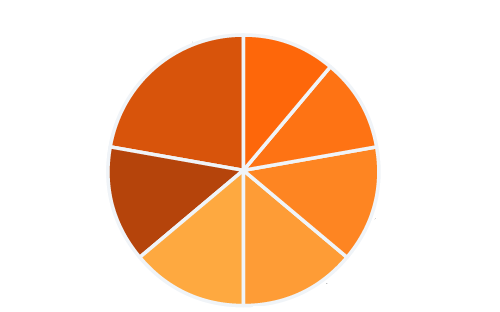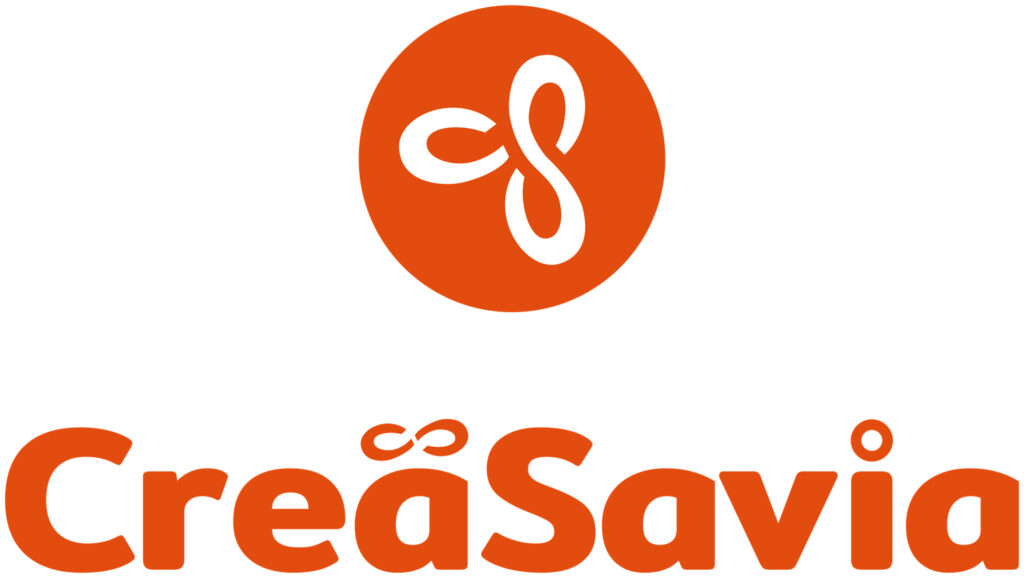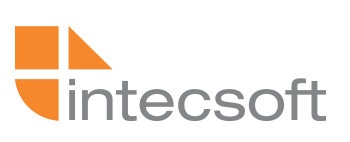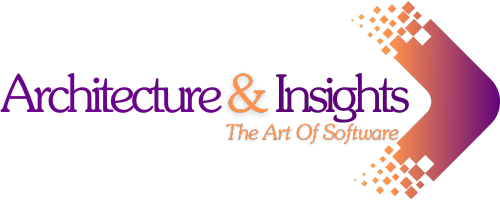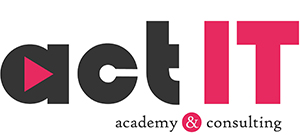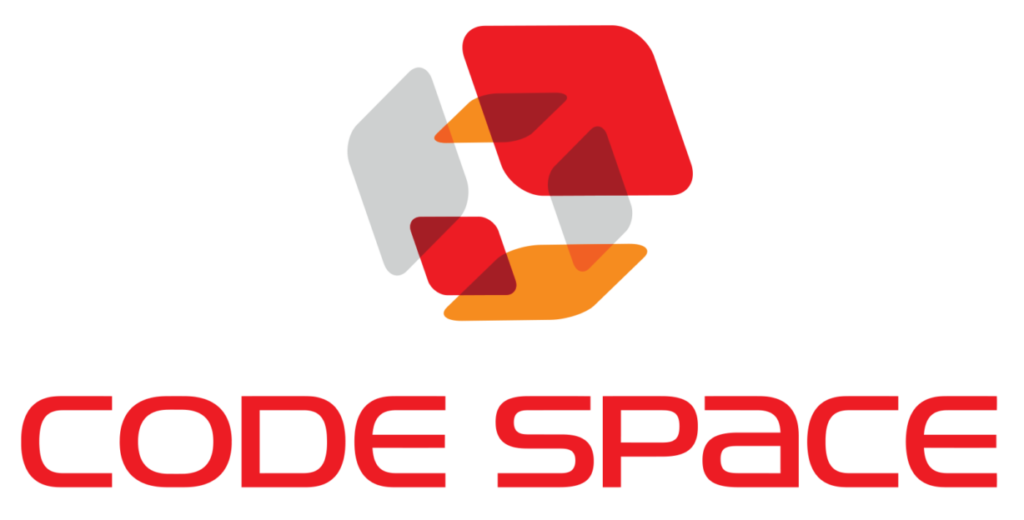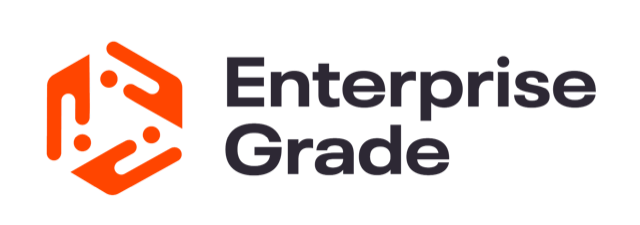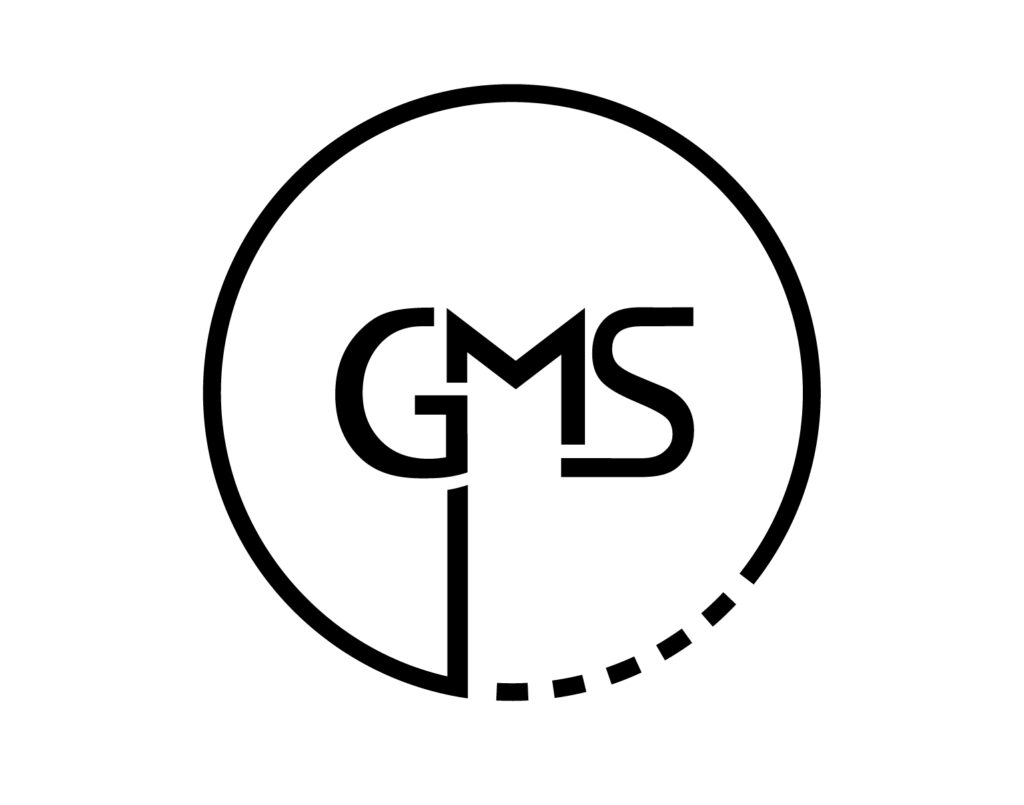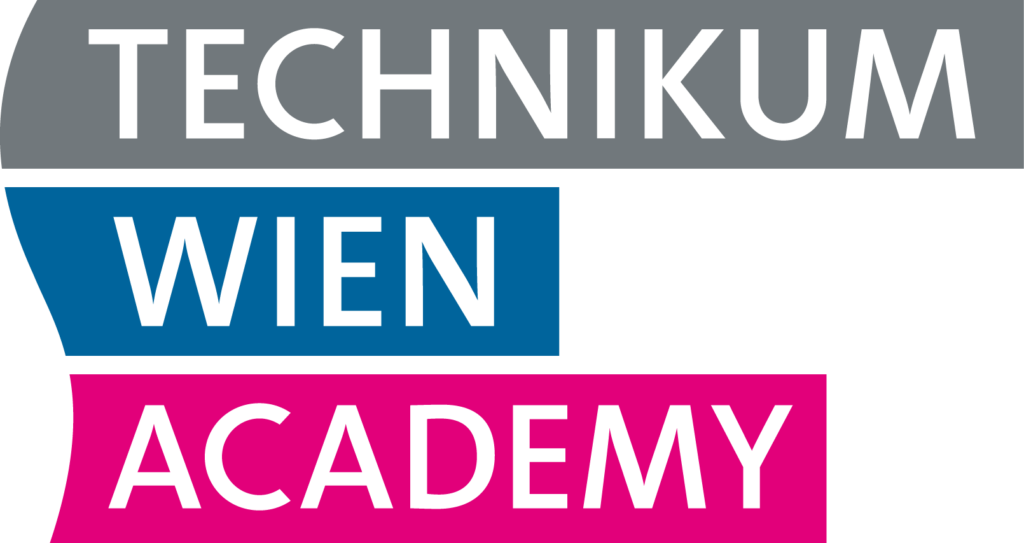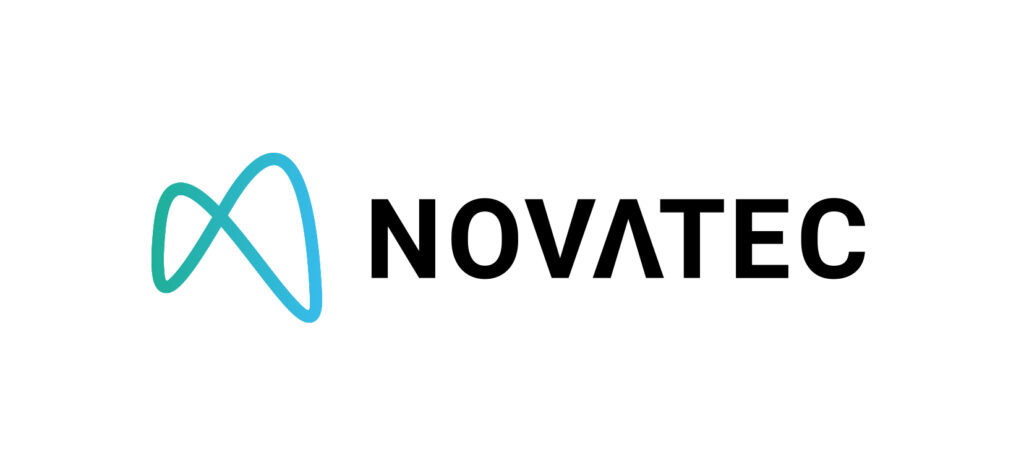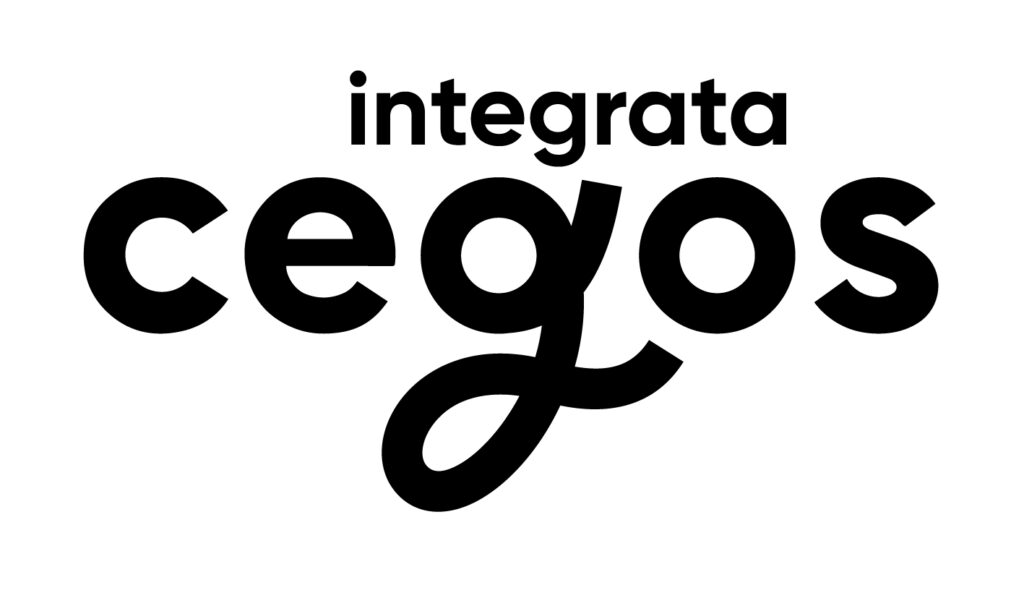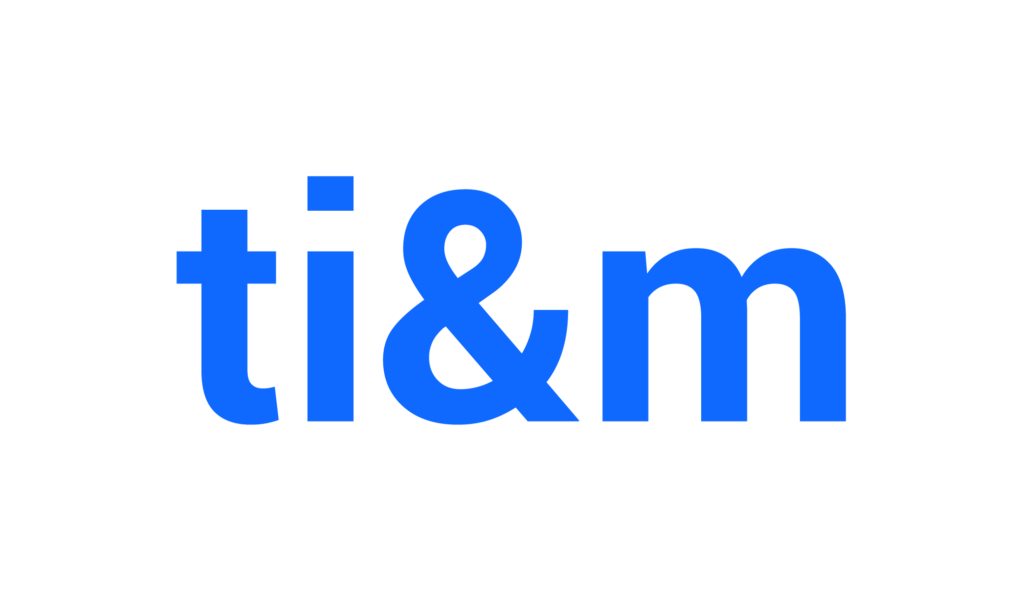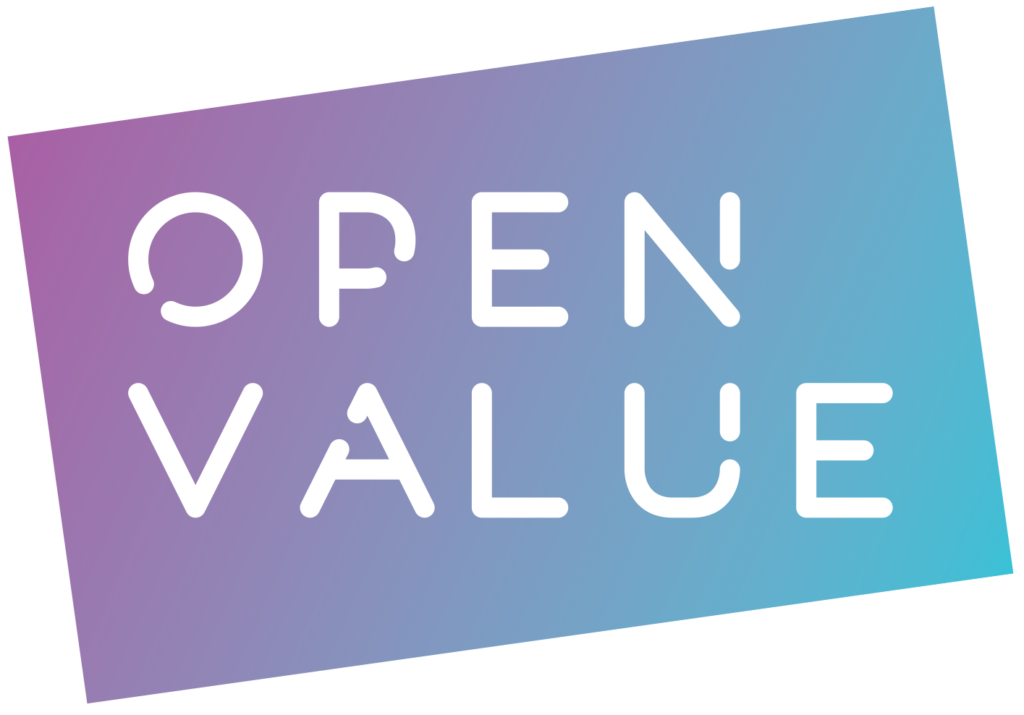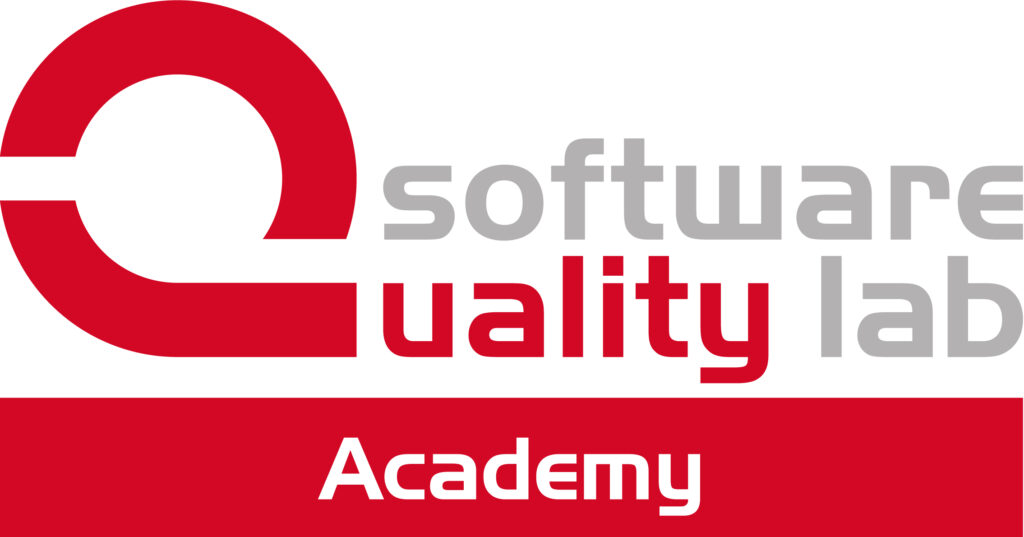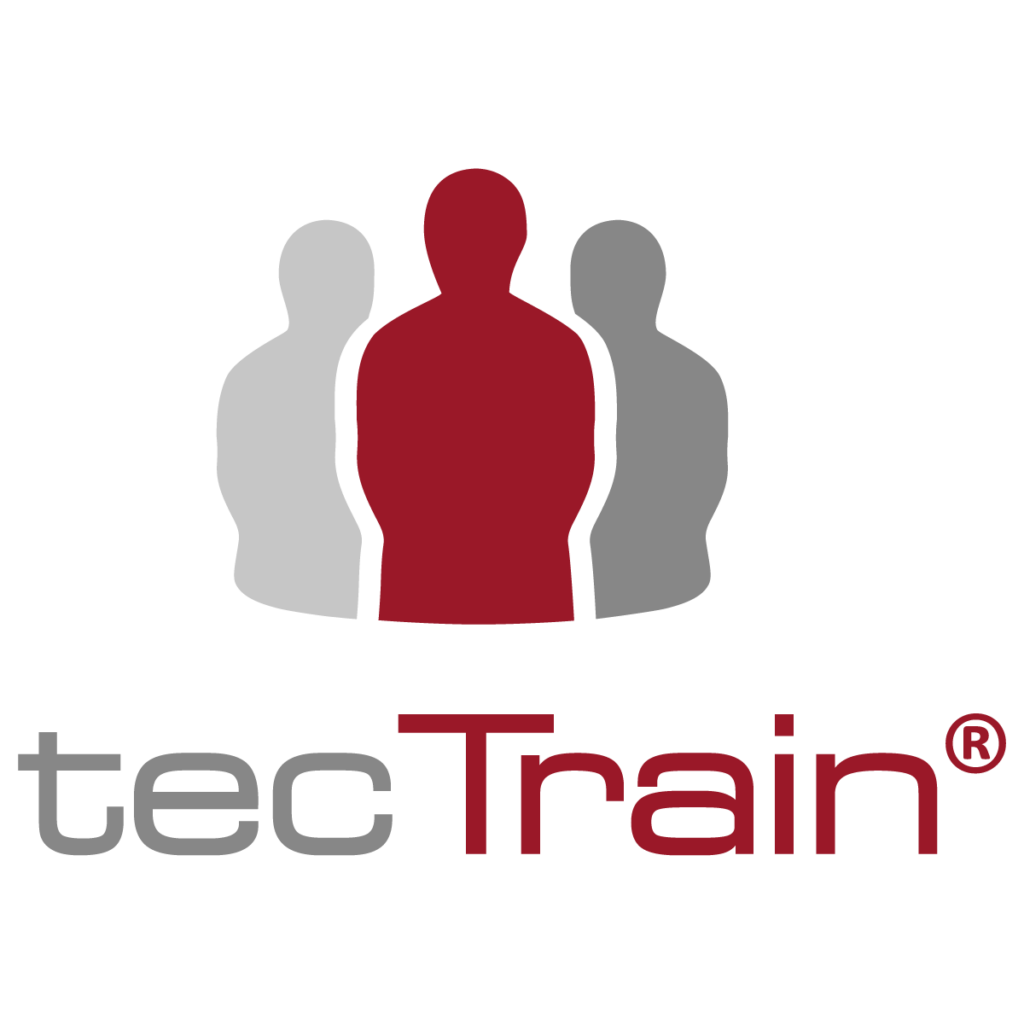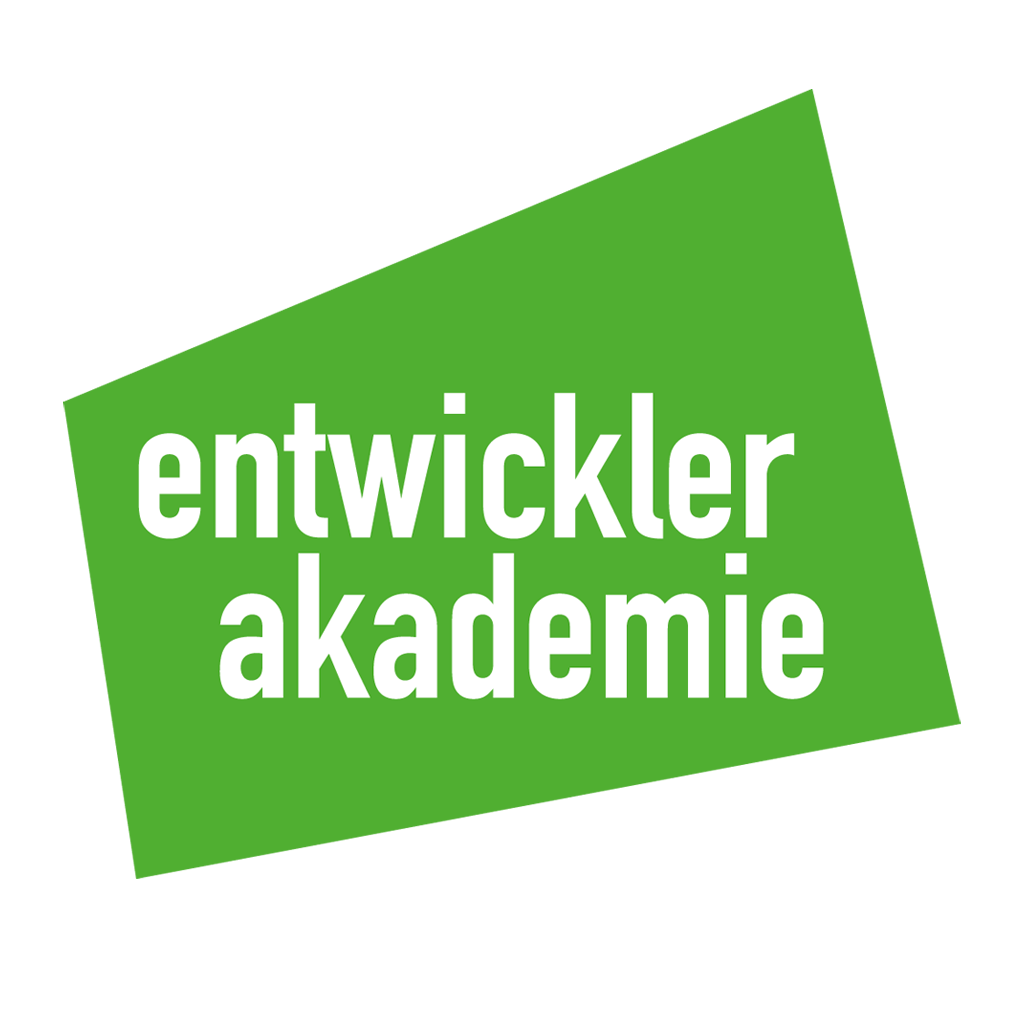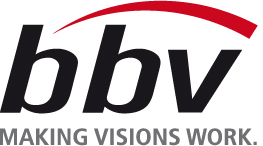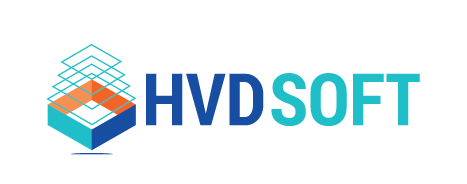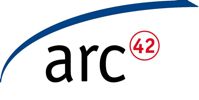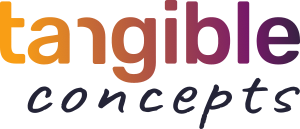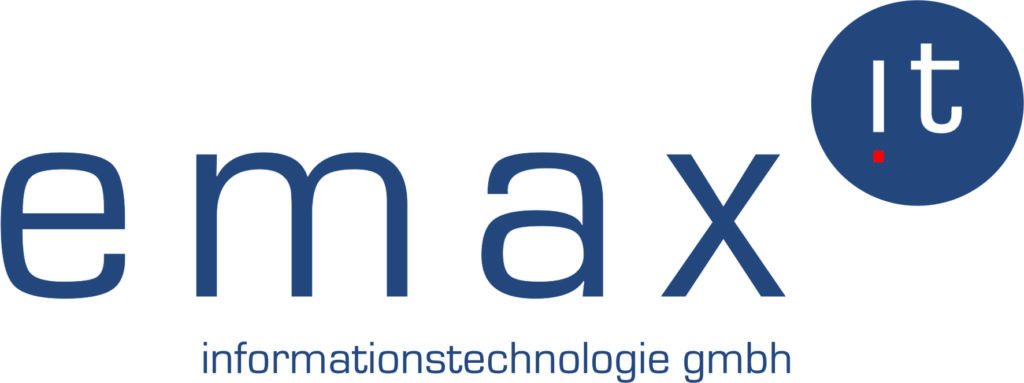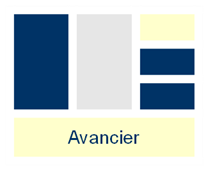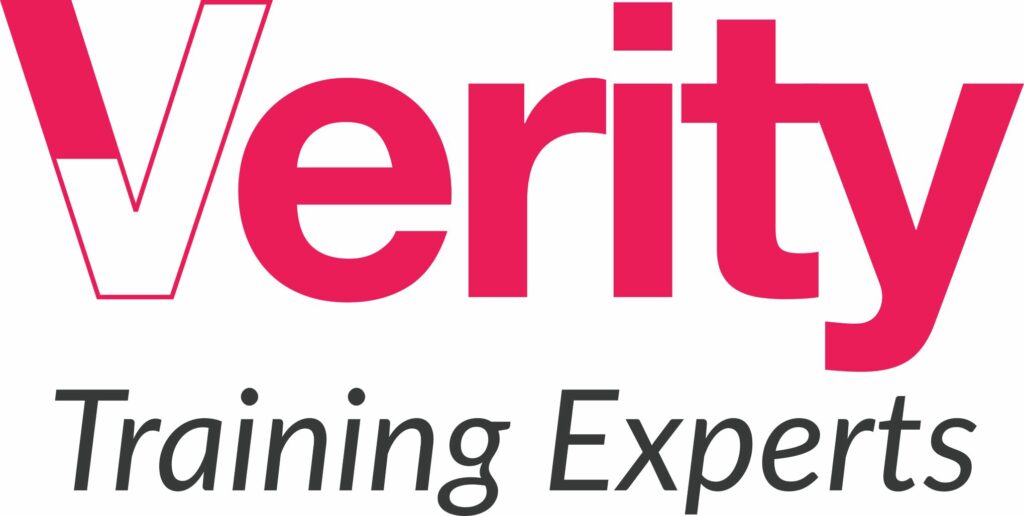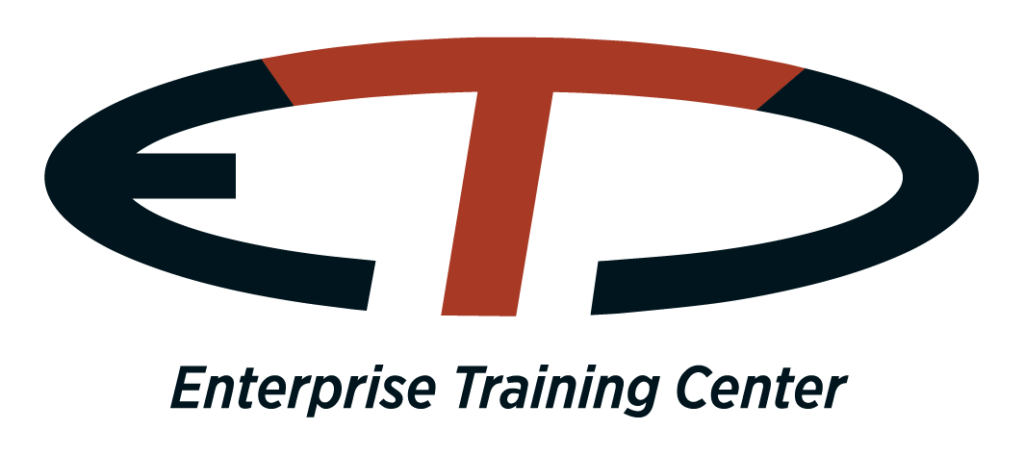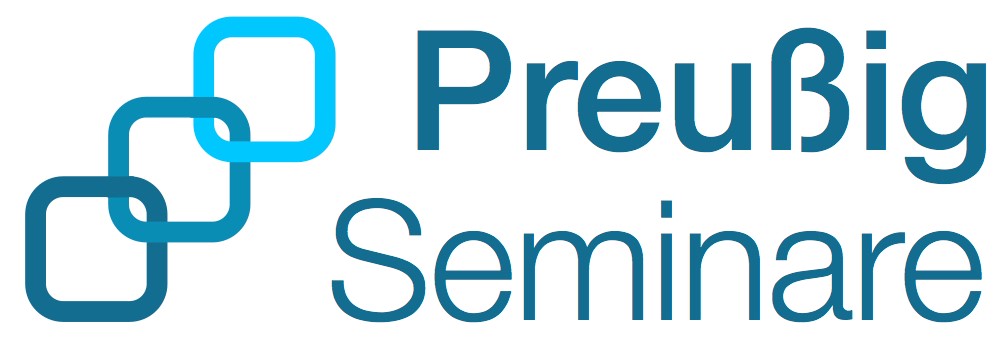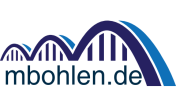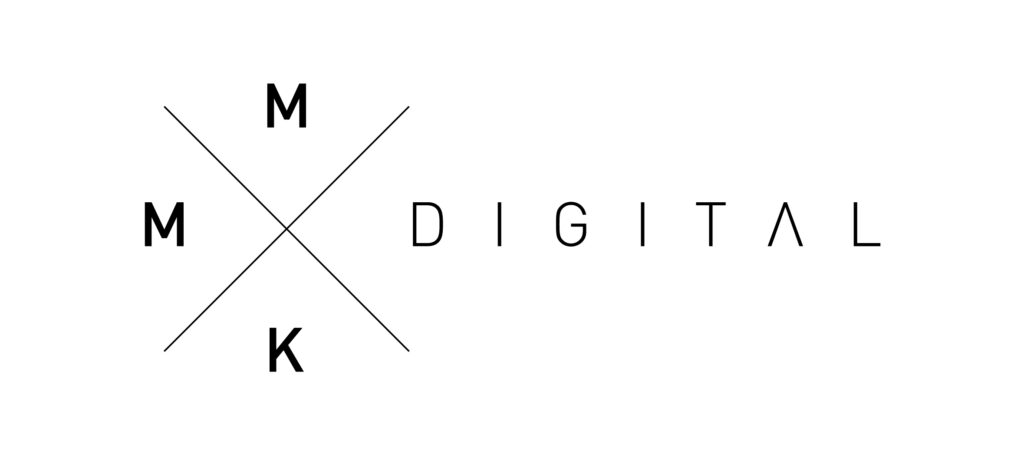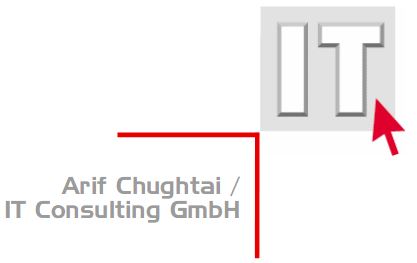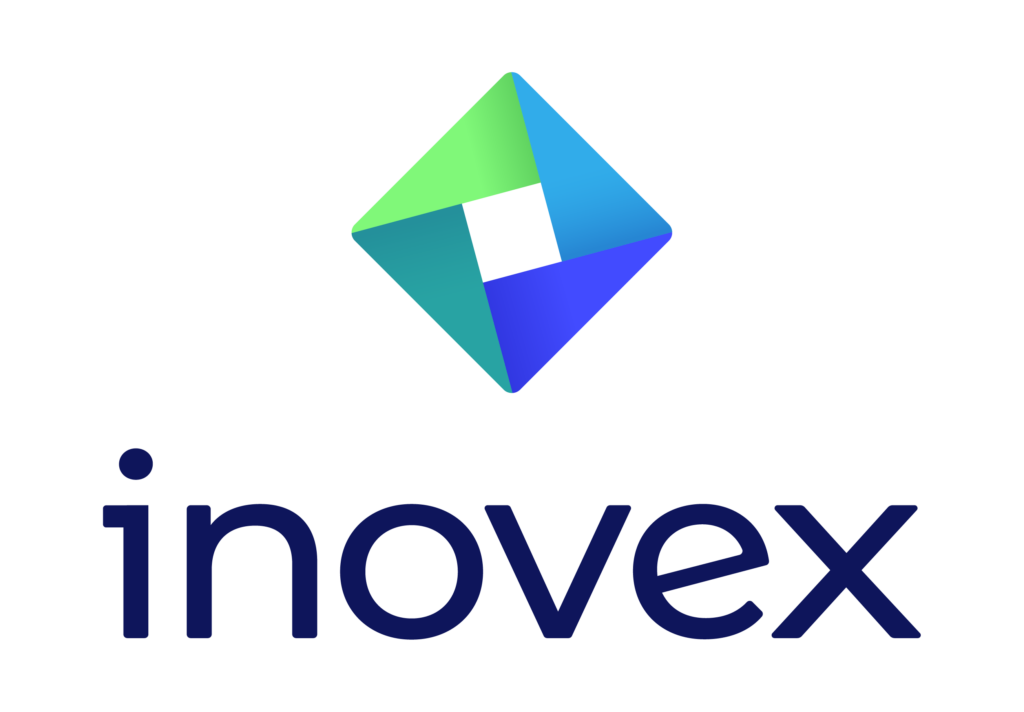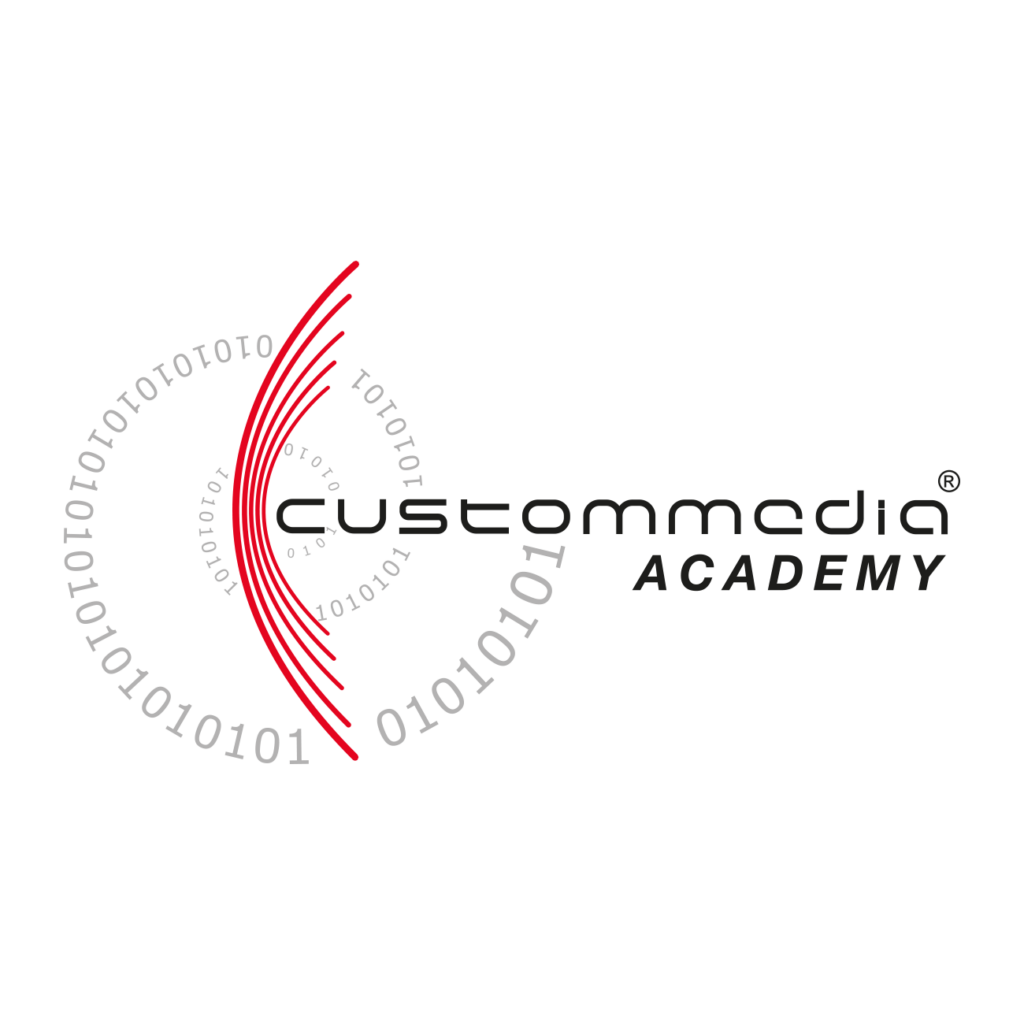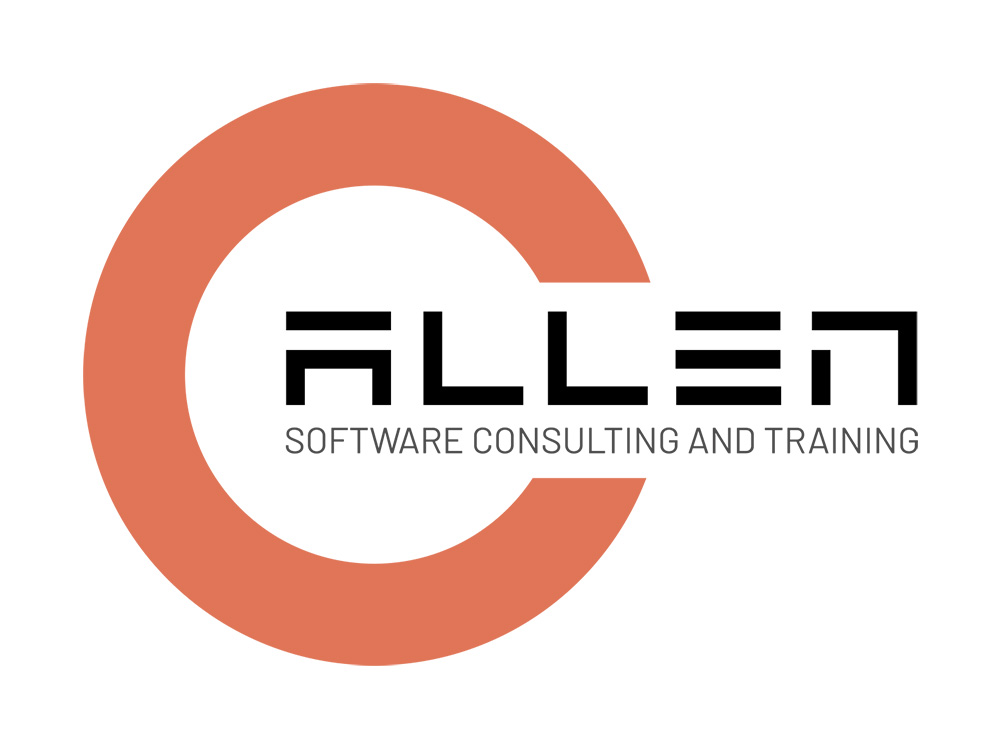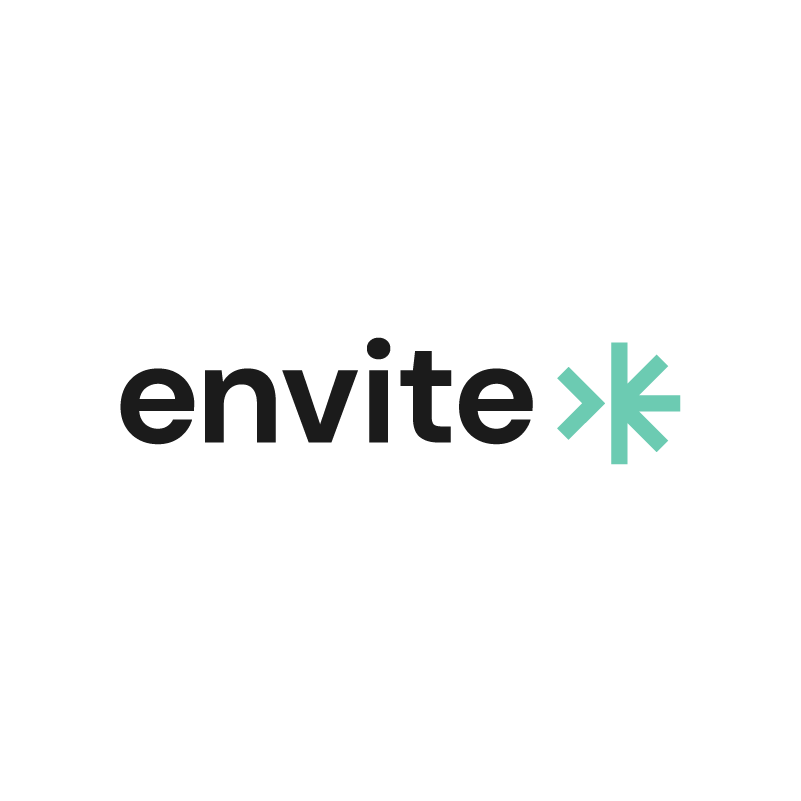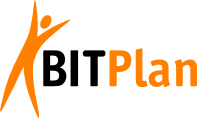BROAD BASIC KNOWLEDGE FOR SOFTWARE ARCHITECTS
The CPSA®
Foundation Level – iSAQB® Foundation Training in Software Architecture
The CPSA Foundation Level (CPSA‑F®) conveys the ability in a team to design and document an appropriate software architecture, to assure and evaluate quality, and to know the necessary tools, all that for properly described requirements and systems up to a medium size. Participants receive professional tools to successfully implement software architectures and optimally design modern systems.
Certification as CPSA‑F® is a valuable seal of approval for an internationally recognized training standard in software architecture and offers many advantages for professional development.
Contents of the Foundation Level
Build up your Skills
Training at Foundation Level provides the following skills
Additional Information
Frequently Asked Questions
Can I take a CPSA‑F exam without a preparatory training course?
To prepare for the Foundation Level exam, participation in classroom or online training from an iSAQB® Accredited Training Provider is highly recommended. An accredited CPSA‑F® training course usually lasts three to four days, and covers all relevant topics of the exam.
However, it is also possible to take the CPSA‑F® exam without attending a Foundation Level training course. We recommend the following literature for independent exam preparation:
-
- Software Architecture Foundation by Gernot Starke and Alexander Lorz; Van Haren Publishing, 1st Edition, May 2021
- Software Architecture Fundamentals by Mahbouba Gharbi, Arne Koschel, Andreas Rausch, and Holger Tiemeyer; Rheinwerk Computing, 2nd Edition, May 2024
How is CPSA program different from TOGAF certification?
Alongside the TOGAF training, the CPSA program rates highly in companies internationally. Compared to the TOGAF training, the CPSA program generally places more emphasis on the practical implementation of IT systems.
How is the curriculum at CPSA-Foundation Level being developed further? Is it possible to take part in the development process?
Within the iSAQB, the Foundation Level working group is committed to further development and updating of the CPSA-Foundation Level curriculum. Together, the experts of the working group contribute suggestions for improvement, and evaluate change notices, which all interested parties can post as “GitHub Issues” in the public repository at https://github.com/isaqb-org/curriculum-foundation/issues. Each release cycle is two years. Changes in the curricula usually affect existing training courses of training providers as well as the current exam questions. All training providers and licensed certification bodies will be notified of any changes well in advance of the release of a new curriculum.
I have lost my certificate. Can it be reissued?
If your certificate has been lost, you can contact the certification body that took your exam or the iSAQB. Generally, you can request a copy of your certificate within 10 years after the date of the exam.
Is the iSAQB responsible for the quality of its training providers’ CPSA trainings?
The iSAQB operates an elaborate quality assurance system with regard to its training providers, CPSA trainings, and trainers. Our aim is to ensure a consistently high training standard for all CPSA training courses worldwide. However, despite extensive accreditation processes, the iSAQB assumes no liability for the quality of trainings provided by its accredited training partners. Furthermore, the iSAQB assumes no liability for the results of CPSA examinations.
May I call myself “Software Architect” after passing the exam?
The CPSA certification is not a vocational qualification, but a proof of knowledge in the field of software architecture. The iSAQB is not entitled to award vocational qualifications, so we propose you call yourself “Certified Professional for Software Architecture by iSAQB” after passing the exam.
In Germany it is unclear if it is legally allowed to call oneself “Software Architect”. We recommend you inform yourself about the laws regarding the vocational qualifications in your country.
What does the Foundation Level curriculum include?
The CPSA‑F (Foundation Level) consists of the following parts:
- Basics of software architecture, role and task of software architects
- Description and communication of software architectures
- Design and development of software architecture
- Architecture and quality
- Tools for software architects
- Examples of software architectures
Part 1–5 are relevant to the CPSA‑F certification exam.
The detailed learning content and learning objectives can be found in the official curriculum, here online or for download.
Which requirements must I fulfil to access Foundation Level certification?
Participants should have the following knowledge and/or experience:
- At least 18 months of practical experience in software development, acquired by programming various projects or systems outside of education.
- Knowledge of and practical experience in at least one higher programming language.
- Basics of modelling and abstraction.
- Basics of UML (class, package, component and sequence diagrams) and their relation to source code.
- Practical experience in technical documentation, especially in the documentation of source code, system designs or technical concepts.
Helpful for the understanding of some concepts are also:
- Knowledge of object orientation
- Practical experience in at least one object-oriented programming language
- Practical experience in the design and implementation of distributed applications, such as client/server systems or web applications
We consider it useful to prepare for the CPSA‑F exam by attending an accredited training course – but in general you can also take a CPSA‑F exam without training.
Who may offer and conduct CPSA-Foundation Level training?
In order to be able to offer and conduct training courses, an accreditation by the iSAQB is required. That means that training providers commit themselves to the accreditation conditions of the iSAQB. For more details, please see our accreditation info page.
Downloads
Academic Partner Program Info Brochure
Curriculum Foundation Level
Examination Guide for Accredited Trainers at Foundation Level
Foundation Level – Examination Rules
This document contains general rules regarding the CPSA-Foundation Level examination. It provides information on duration, types of questions, scoring, privacy, and confidentiality agreements. Short examples of question types are provided.
Foundation Level – Mock Exam Answers
Foundation Level – Mock Exam Questions
Foundation Level Info Brochure
Glossary of Software Architecture Terminology
The iSAQB Glossary covers the basic terminology of software architecture. The glossary is available in English, French, German, Chinese, Italian, Portuguese (Brazil), and Spanish. Additional languages are in preparation. Please note that only the English and German versions contain a detailed explanation of all terms.



